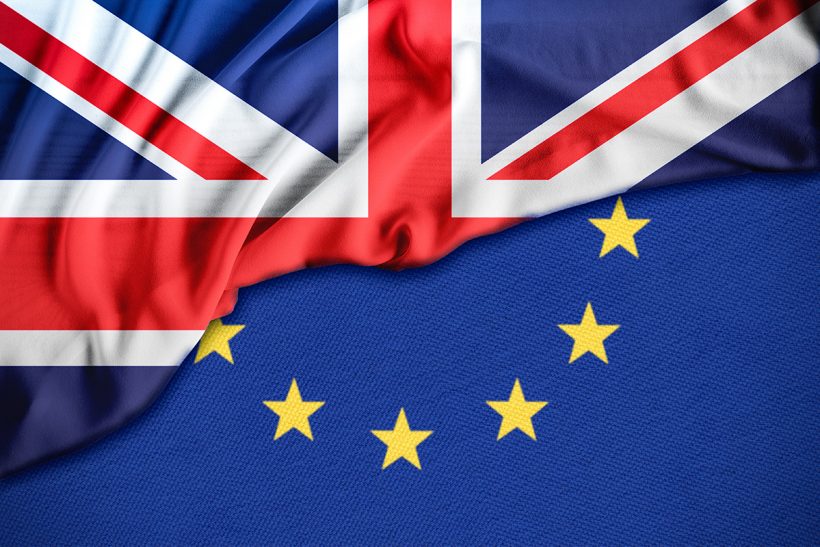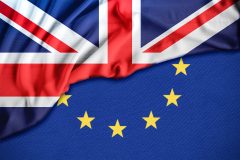Exports delays fears – deal or no deal
Paperwork and delays loom from 1 January
Fish and seafood exporters will face hugely increased levels of paperwork, bureaucracy and delays at ports from 1 January whether there is a Brexit deal or not, reports Tim Oliver.
Scottish fisheries minister Fergus Ewing has written to the UK government reiterating the financial and administrative burden that the anticipated increase in demand for export health certificates (EHCs) will place on exporters of ‘products of animal origin’ (POAO) – which includes fish and seafood.
He has again called on the UK government to ask the EU for a derogation from the requirement, and said that the Scottish government, Food Standards Scotland (FSS) and Scottish local authorities are having to deal with the anticipated ‘massive spike in demand’ for these essential certificates.
This includes developing a risk-based approach to certification, and working with logistics companies responsible for transporting large volumes of Scottish seafood to the EU to provide an EHC service at logistics hubs in central Scotland.
Fergus Ewing also reiterated the Scottish government’s call for the UK government to offer compensation and support schemes to businesses affected by the new requirement.
He told the UK government that FSS estimated in 2018 that the likely demand for EHCs for exports of POAO to the EU from Scotland would be approximately 150,000 per year. “The vast majority of these would be for seafood exports, and thus fall to local authorities to sign,” he said.
“This estimate was made in advance of the UK government announcement that EHCs would also be required for POAO trade between Great Britain and Northern Ireland, meaning that the 150,000 figure is likely to be an underestimate. Let us be clear – that is an increase from zero to 150,000 for no discernible benefit.”
DEFRA secretary of state George Eustice was grilled on The Andrew Marr Show on BBC1 on the threat to seafood exports from increased red tape and delays at ports.
Andrew Marr said that Brixham fish merchant Ian Perkes had told the BBC: “If the truck gets delayed by a hiccup in the paperwork, or there are queues and the truck doesn’t meet the connecting truck at Boulogne, the order will be cancelled and we’ll be left with thousands of pounds-worth of fish sat in Boulogne.”
Andrew Marr told the minister that highly perishable products needed to cross the borders quickly. “A lot of people are really, really worried that our fish-processing industry is going to be hammered, deal or no deal,” he said.
George Eustice replied: “We’ve talked to a lot of the leading fish processors, about 400 companies that dominate that export trade. Lots of them already export to other parts of the world including the Far East and countries like South Korea, and they are quite familiar with the paperwork that’s required.
“They will need a catch certificate and an export health certificate, but they are experienced in doing that.”
He rejected claims that a no-deal Brexit would be ‘absolutely disastrous’ for fishing and fish processors because of tariffs.
He said that on the two main exports, farmed salmon and shellfish, tariffs were only about 3% and 8% respectively, and that factors such as currency exchange rates, fuel costs and weather were more important influences on prices than tariffs, which had a ‘fairly modest’ effect.
But Ian Perkes had told the BBC: “We work on 8-10% margins, so when they put on this 20% tariff on processed scallops, the price of the fish has to drop by 20% or we are out of the game. We haven’t got room in our margins to make room for these tariffs.”
George Eustice said that when tariffs had been discussed with the fishing industry, the industry had said the tariffs on the main export species were ‘manageable’. He said: “The message from the fishing industry is ‘don’t sell the catching sector out on behalf of the processing sector’.
NFFO chief executive Barrie Deas said that a no-deal outcome would have ‘serious adverse implications’ for both the UK and many EU member states. Tariffs would apply, and trade between the UK and the EU would be conducted on less advantageous WTO terms.
No deal would also mean that the EU would immediately begin negotiations with the UK – and with Norway where Norway has an interest – for an annual fisheries agreement for 2021. But in this case, there would be no guarantee that EU fleets would have access to fish any part of UK waters from 1 January.
“In the absence of a fisheries agreement for 2021, something like 3,000 EU fishing vessels will have no legal access to fish in UK waters, until there is an agreement,” said Barrie Deas.





